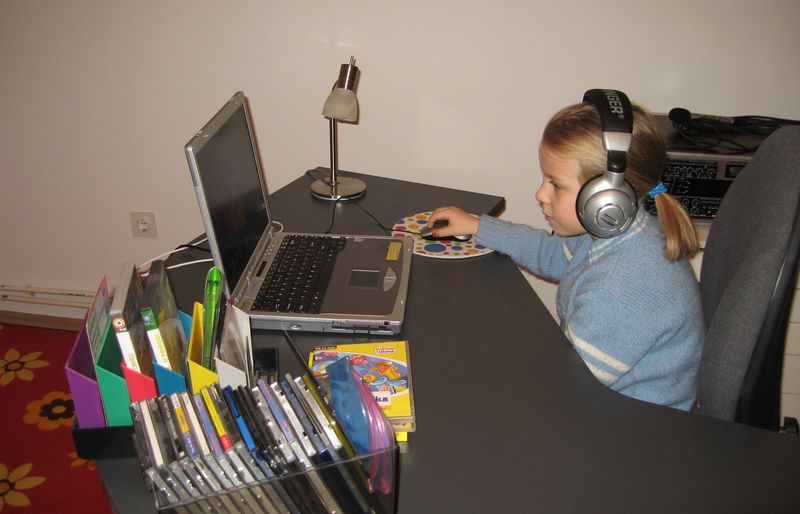
PRESCHOOL AGE
. . .
A CHILD IN THIS AGE CAN FULLY COMMUNICATE, THINK AND RECOUNT PAST EVENTS.
THE VOCABULARY IS RAPIDLY DEVELOPING AND ENRICHING AND ALL THE SOUNDS ARE DEVELOPED.
There can still be errors in articulation connected to more demanding consonant circuits. There are still some grammatical errors, in terms of the proper use of the subject and predicate and other tenses. The words "near" and "far" are known to children. Voice analysis and synthesis start.
The child is constantly asking about the meaning of words, about space and time, and about cause and effect.
The child begins to use abstract words and is interested in their meaning. The sentence is complete, broadened and includes all types of words.
The child starts to notice the comparison of adjectives, e.g. beautiful, more beautiful, the most beautiful. It understands the sequence of events: first we will, then. "How", "why" and "when" are used continuously. They begin to negotiate and persuade. There is a difference in communicating with children and adults. The child makes up jokes and retells them indefinitely, interfering imagination into reality. It loves reading stories that later turn into plays. Associations are so intertwined that the child often begins with one content, and finishes with another. It loves puzzles and riddles and makes rhymes.
The child is able to express its views and opinions, talk about its needs and feelings. There is awareness about the self, about physical traits, character, possession and preferences; the child knows their address and main things about its family. Rivalry is also created - the child compares itself with other children and tries to accept failure.